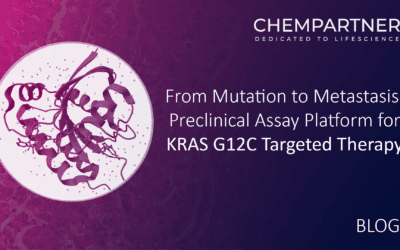A recently published article entitled Ex vivo engineered human plasma cellsexhibit robust protein secretion and long-term engraftment in vivo1 shows that a subset of in vitro cultured plasma B cells can take on characteristics of long-lived natural plasma B cells.
Due to their unique longevity and capacity to secrete high levels of protein, plasma B cells have the potential to be used as a cell therapy for protein replacement.
— Abstract1
In this article, in vivo dynamics are biologically described and mathematically modeled to show engraftment of different subpopulations. These results have implications for using engineered long-lived plasma B cells as cellular therapeutics as well as for expanding the utility of cultured plasma B cells.
While the research groups meant this more for the therapeutic potential of using those cells directly in humans as a therapy that delivers antibodies (since plasma cells secrete tons of antibodies), we’re excited for the antibody research potential. This advance in plasma cell biology is applicable to the way we isolate antibodies on the Beacon® platform at ChemPartner. We can potentially use these findings to improve our method for culturing plasma cells in the lab.
We’re excited to see all the incredible advancements in drug discovery and development, and we look forward to what the future will bring.
1 Cheng, R.YH., Hung, K.L., Zhang, T. et al. Ex vivo engineered human plasma cells exhibit robust protein secretion and long-term engraftment in vivo. Nat Commun 13, 6110 (2022). https://doi.org/10.1038/s41467-022-33787-8




